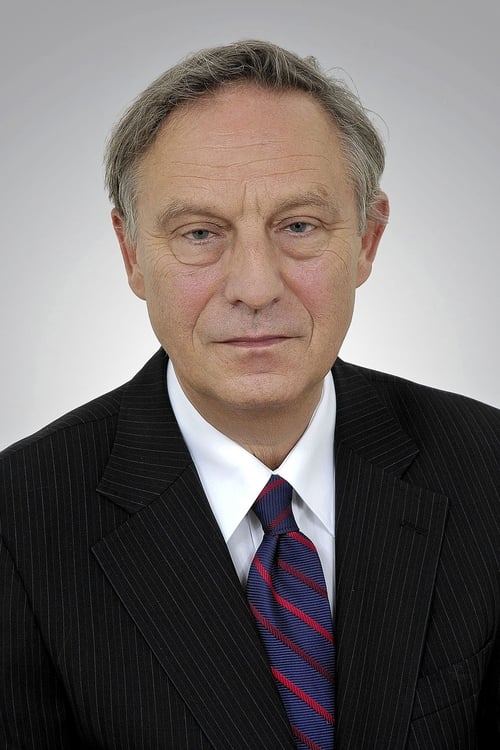
Krzysztof Piesiewicz
Nacimiento : 1945-10-25, Warsaw, Poland
Historia
From Wikipedia, the free encyclopedia
Krzysztof Piesiewicz (Polish pronunciation: [ˈkʂɨʂtɔf pjɛˈɕɛvit͡ʂ]; born on October 25, 1945 in Warsaw, Poland) is a Polish lawyer, screenwriter, and politician, who is currently a member of the Polish Parliament and head of the Ruch Społeczny (RS) or Social Movement Party.
Piesiewicz studied law at Warsaw University and began practicing in 1973. Through the late 1970s he became increasingly involved in political cases, defending opponents of the Communist regime, serving as a legal advisor for Solidarity, and assisting in the successful prosecution of the murderers of Jerzy Popiełuszko.
In 1982 he met the film director Krzysztof Kieślowski, who was planning to direct a documentary on political show trials in Poland under martial law. Piesiewicz agreed to help, though he doubted whether an accurate film could be made within the constraints of the judicial system; indeed, the filmmakers found that their presence in court seemed to be affecting the outcomes of cases, often improving the prospects of the accused, but making it hard to capture judicial abuses.
Kieślowski decided to explore the issue through fiction instead, and the two collaborated for the first time as writers on the feature film No End, released in 1984.
Piesewicz returned to his law career, but remained in touch with Kieślowski and three years later persuaded him to create a series of films based on the Ten Commandments. This series, The Decalogue, explored the filmmakers' mutual interest in moral and ethical dilemmas in contemporary social and political life, and achieved (belated) critical acclaim around the world.
Their later collaborations, The Double Life of Véronique and Three Colors (Blue, White, Red), focused on metaphysical questions of personal choice and appeared relatively apolitical, though the latter series was based on Piesiewicz's idea of dramatizing the French political ideals of liberty, equality, and fraternity in the same way they had previously dramatized the Ten Commandments.
Piesiewicz was credited as co-writer on all of Kieślowski's projects after No End, the last of which was Nadzieja, directed by Stanislaw Mucha after Kieślowski's death. He has begun writing a new series of films, The Stigmatised; the first of these, Silence, was directed by Michał Rosa and released in 2002.
Piesiewicz's career in electoral politics began in 1989, when he began working in the Social Movement for Solidarity Electoral Action (RS AWS) party, originally the political wing of the Solidarity union and the leading party in the center-right AWS coalition. In 1991 he was elected to the Polish Senate, served for two years, then returned in 1997. In 2002, RS AWS changed its name to RS and elected Piesiewicz as its leader.
He is a Roman Catholic.
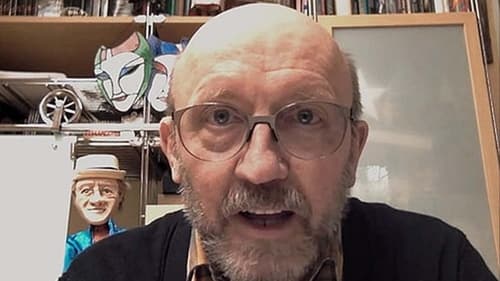
Self
The film was inspired by one of the most important documentaries shot by Krzysztof Kieślowski, Talking Heads (1980). The director asked his interlocutors seemingly simple questions, such as “Who are you?” and “What do you want?”.
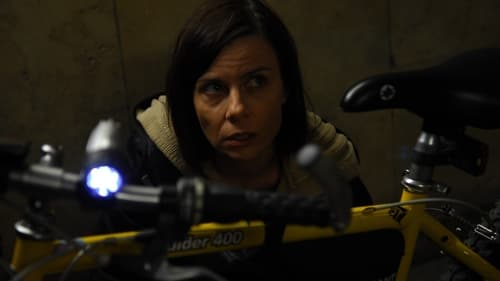
Producer
Anna – the mother of a 16-year-old Adaś, who is dying of cancer, is desperately trying to find Wiktor, an author of an internet blog. Wiktor maintains to have found a cure for cancer. Anna’s night journey through the real and virtual world ends with a shocking discovery. The film is based on the short story 'Płomyk za szybą' [Flame behind the Window] by Marcin Kaczmarek and corresponds to the tenth Commandment: 'You shall not covet your neighbour’s goods'.

Producer
19-year-old Janka comes from a catholic family. She lives together with her parents in a small town near the eastern border of Poland. One day she meets an eccentric Russian woman–Sara. The feeling that is awoken as a result of the encounter becomes for Janka both the beginning of sequence of trials and reflections upon her own life. The film corresponds to the Ninth Commandment: “You shall not covet your neighbor’s wife".

Producer
This short deals with the seventh commandment ("You shall not steal") in the new Decalogue. Young graffiti artists steal paints from a shop and, supervised by Tomasz, a 45-year-old graphic artist, start to paint graffiti on the wall. Tomasz is going to through a difficult period in his professional and personal life working under pressure from his employer who wants him to prepare a project that will satify the client. He has to compromise his own beliefs and taste and struggle to meet the deadline. The film was made as part of "Decalogue 89+" series.
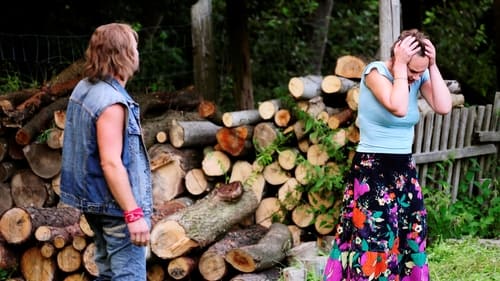
Producer
Mother (Maria Seweryn) and daughter (Michalina Rodak) live alone in a small house on the outskirts of the village. Their close relations get distorted by appearing of a mysterious man. Are women able to defend themselves from mutual jealousy and distrust? The film is based on the story of Aleksandra Duda "Olive" and refers to Eighth Commandment "You shall not bear false witness against your neighbor." – as a part of film cycle produced within the project „Dekalog 89+”. Tomek Matuszczak is one of the ten young directors which has taken the challenge of making new film on the Decalogue Commandment's impact for young generations, due to the project made on 20th anniversary of launching the famous "Decalogue" by Krzysztof Kieślowski.
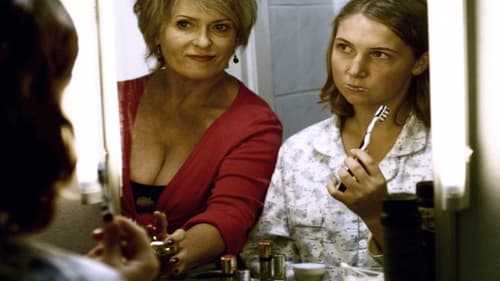
Producer
Kasia (Klaudyna Lewczuk), a student of dance school, lives with her mother (Ewa Kasprzyk) in a large flat. One day her mother rents a room to the lodger – a sports high school student. Kasia and the lodger start to run an original friendship relation – without words and meetings. The film is based on the story by Bogna Hołyńska "Fresh paint" and refers to the Sixth Commandment "You shall not commit adultery." - as a part of film cycle produced within the project „Dekalog 89+”. Marcin Bortkiewicz is one of the ten young directors which has taken the challenge of making new film on the Decalogue Commandment's impact for young generations, due to the project made on 20th anniversary of launching the famous "Decalogue" by Krzysztof Kieślowski.
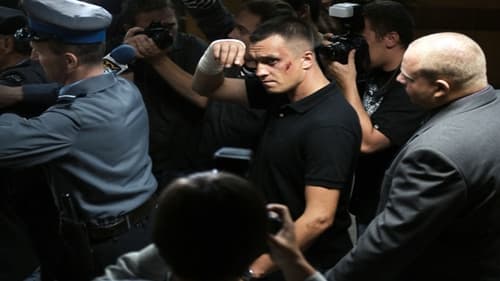
Producer
Episode from the series entitled "Decalogue 89+" inspired by the fifth commandment ‘You shall not murder’. A taxi-driver dies in a car crash caused by a popular TV presenter. Is it the end of his dazzling career? The odds are against it as the media concern that employs him will go to any lengths to salvage their star’s image.
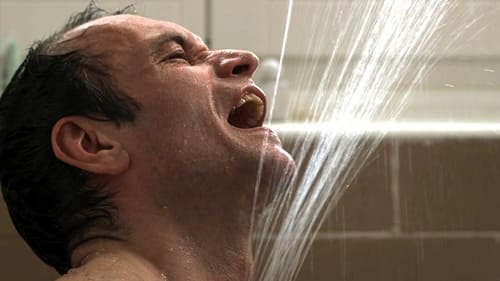
Producer
After the death of his wife, the father of 16-year-old Wojtek, succumbs to a nervous breakdown and loses touch with reality. The school authorities where Wojtek is a student already know about this problem. If Wojtek’s father doesn’t prove he is able to look after his son, Wojtek will be taken to an orphanage. Wojtek is left with a few hours to master the situation and overcome the problem. The film is based on the short story 'ON' [He] by Joanna Łabuz and corresponds to the fourth Commandment: 'Honour your father and your mother'.
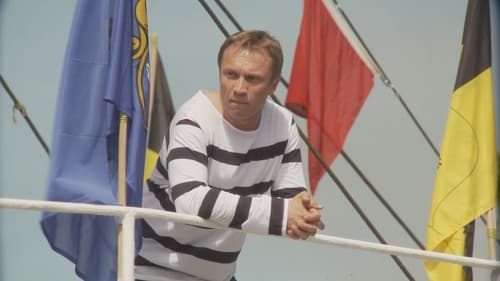
Producer
Adam (Michał Kowalski) – a yacht designer is a workaholic neglecting his family. Now he has to face one of the most important decisions in his life. Does the affection from his childhood, a reminiscence of taking part in the Sea Fishermen Pilgrimage will give him strength to fight for make an order along his private matters? Film is based on a short story by Wojciech Paweł Kowalewski "Usual Sunday" and refers to Third Commandment - as a part of film cycle produced within the project „Dekalog89+”. Bartosz Paduch is one of the ten young directors which has taken the challenge of making new film on the Decalogue Commandment's impact for young generations, due to the project made on 20th anniversary of launching the famous "Decalogue" by Krzysztof Kieślowski.

Producer
A lonely 17 –year-old Ania (the Newbie) is seeking acceptance in a group of peers playing risky urban games. She pays for her strivings with a loss of faith in values. With nothing to lose, Ania invents a daredevil game, supposed to provoke the group and especially its leader-Czarny, to think. The surprising end of the film gives a new chance to return to normality for its characters. The film is based on the short story 'Moc słowa' [The Power of Word] by Anna Czajka and corresponds to the second Commandment: 'You shall not take the name of the Lord your God in vain'.

Producer
Andrzej (Bartosz Opania), a popular film stunt is a happy husband and father. It appears that the specific work of Andrzej does not disturb his calm family life. So how should be explained the anxiety, which appears in the moment of Andrzej's another risky venture? The film was based on a story by Joanna Kocemba "Rainbow" and refers to the Decalogue First Commandment “You shall have no other gods before me” - as a part of film cycle produced within the project „Dekalog89+”. Leszek Korusiewiecz is one of the ten young directors which has taken the challenge of making new film on the Decalogue Commandment's impact for young generations, due to the project made on 20th anniversary of launching the famous "Decalogue" by Krzysztof Kieślowski.

Writer
Francis Ratay witnesses the theft of church painting "Angel with violin". The entire incident recorded by an amateur camera. The thief turns out to Benedict Weber, gallery owner and art connoisseur. Francis comes to his gallery. Blackmails him, that will provide police record, unless the image in three days back in place.
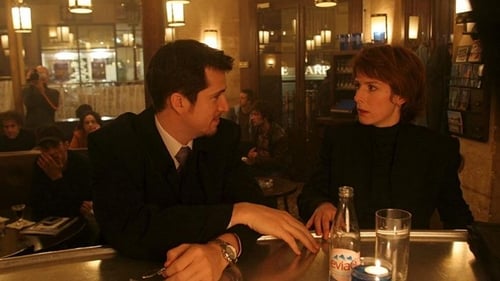
Writer
París, años 80. Un hombre que acaba de salir de prisión es rechazado por su mujer. En presencia de sus tres hijas, se inicia una violenta disputa que se salda con el suicidio del padre. Con el paso del tiempo las relaciones familiares entre las hermanas se rompen. Sophie, la mayor, casada con un fotógrafo con el que tiene dos hijos, está atravesando un momento difícil. Anne, la más pequeña, estudia arquitectura y mantiene una relación pasional con Frédéric, uno de sus profesores. Céline, que es la única que visita a su madre, que está recluida en una residencia, conoce a un tipo encantador llamado Sébastien, pero no puede ni siquiera imaginar que le revelará un sorprendente secreto que facilitará el acercamiento entre las hermanas y les permitirá superar su pasado.
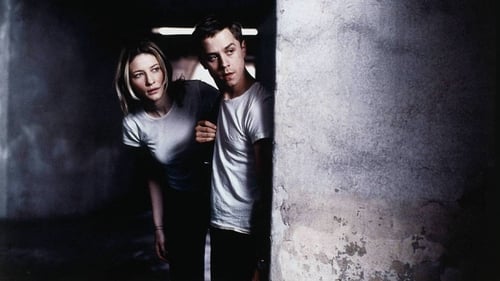
Screenplay
Cuatro personas mueren en un atentado cometido en Turín. Philippa, una profesora de inglés, es arrestada sin ofrecer resistencia alguna. No se defiende de las acusaciones y parece sentirse completamente abatida por las consecuencias del crimen. Su objetivo era un traficante de drogas, responsable de la muerte de su marido y de muchos de sus alumnos. La policía, sin embargo, no la cree e insiste en que el atentado es de carácter político.
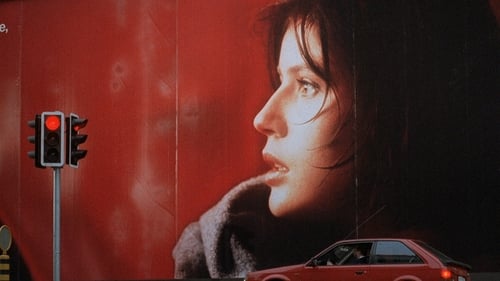
Screenplay
Valentina, joven modelo que comienza a ser conocida, ha atropellado con su coche a Rita, una perra que esperaba cachorros. Después de curarla, intenta devolverla a su dueño. Asi conocerá a un hombre mayor, juez jubilado, que rechaza al animal. Valentina descubre que está obsesionado por una enfermiza afición: espiar a todo el mundo.

Author
Valentina, joven modelo que comienza a ser conocida, ha atropellado con su coche a Rita, una perra que esperaba cachorros. Después de curarla, intenta devolverla a su dueño. Asi conocerá a un hombre mayor, juez jubilado, que rechaza al animal. Valentina descubre que está obsesionado por una enfermiza afición: espiar a todo el mundo.

Screenplay
Karol ama profundamente a Dominique, pero el problema de impotencia sexual que sufre provoca el divorcio. Una serie de penurias se sucederán en la vida de Karol, que se verá obligado a volver a su Polonia natal y a intentar ganarse la vida como pueda.
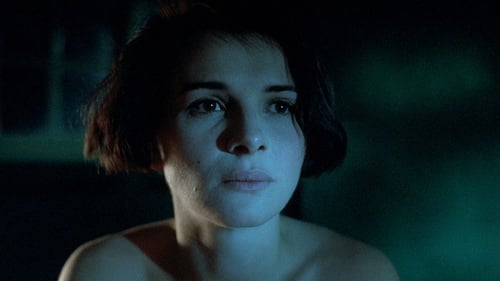
Author
En un accidente de coche, Julie pierde a su esposo Patrice, un prestigioso compositor, y a la hija de ambos, Anna. Al recuperarse de sus lesiones, Julie decide comenzar una nueva vida, independiente, solitaria y anónima, alejada de los privilegios que antes disfrutaba. En su propósito se cruza Sandrine, una periodista especializada en música que la persigue intentando probar que era Julie quien componía las piezas que hicieron famoso a su marido. También pretenderá entrar en su vida Olivier, el ayudante de Patrice, enamorado de Julie desde muchos años atrás, que la convence para terminar el «Concierto para Europa», una ambiciosa obra inacabada del músico.

Writer
Weronika vive en Polonia y tiene una brillante carrera como cantante, pero padece una grave dolencia cardíaca. En Francia, a más de mil kilómetros, vive Véronique, otra joven idéntica que guarda muchas similitudes vitales con ella, como su enfermedad y su gran pasión por la música. Ambas, a pesar de la distancia y de no tener aparentemente ninguna relación, son capaces de sentir que no están solas.
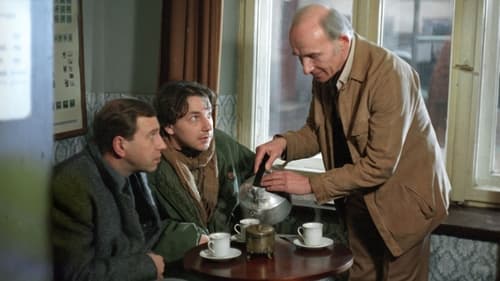
Writer
No codiciarás los bienes ajenos": Un hombre muere dejando una colección de sellos de gran valor. Sus dos hijos, Jerzy y Artur, que son los herederos, advierten que falta un sello para completar una valiosa serie. Décimo (y último) de los diez mediometrajes que constituyen el llamado "Decálogo" y que se inspiran en los Diez Mandamientos.
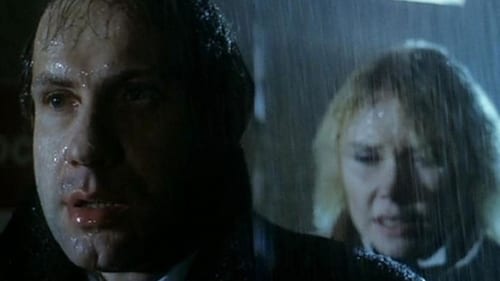
Writer
"No desearás a la mujer de tu prójimo": La vida de Roman, un joven médico, se derrumba cuando descubre que es impotente... Noveno de los diez mediometrajes realizados para la televisión entre el director Krzysztof Kieslowski y el guionista Krzysztof Piesiewicz, denominados genéricamente "Decálogo", e inspirados cada uno en uno de los Diez Mandamientos.
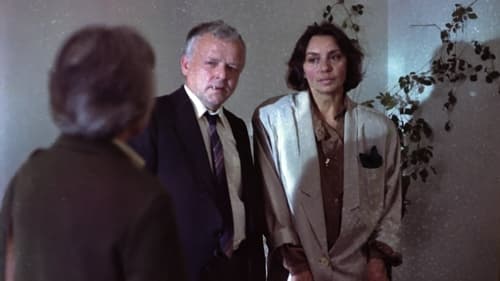
Writer
"No levantarás falsos testimonios, ni mentirás": Elzbieta acaba de llegar de Nueva York para investigar sobre los supervivientes judíos de la guerra. Para ello, asiste a una clase de Ética en la Universidad de Varsovia y se presenta a Sofía, la respetada profesora. Octavo de los diez mediometrajes realizados para la televisión por el director Krzysztof Kieslowski y el guionista Krzysztof Piesiewicz, denominados genéricamente "Decálogo". Cada uno de ellos está inspirado en uno de los Diez Mandamientos.
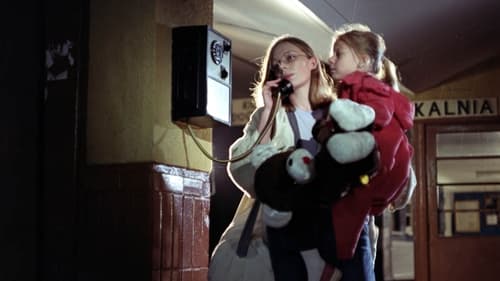
Writer
"No robarás": Ania, que tiene seis años, es hija de Majka, pero ha crecido creyendo que su madre es Ewa, la madre de Majka, es decir, su abuela. Séptimo de los diez mediometrajes que constituyen el llamado "Decálogo" y que están inspirados en los Diez Mandamientos (Kieslowski los llama "mandamientos sin moral").
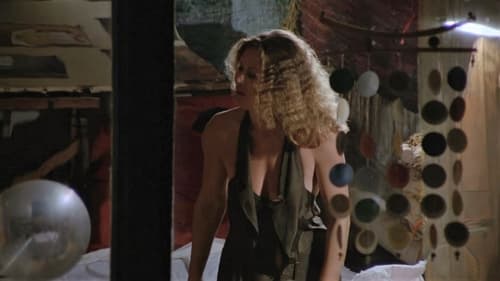
Writer
"No amarás": Tomek es un muchacho de 19 años que está locamente enamorado de Magda, una mujer mayor que él. Son vecinos, pero ella ni siquiera repara en su existencia. Sexto de los diez mediometrajes que constituyen el llamado "Decálogo", que se inspira los Diez Mandamientos. Este episodio es una versión de la película "No amarás", de 1988, realizada por el mismo equipo.
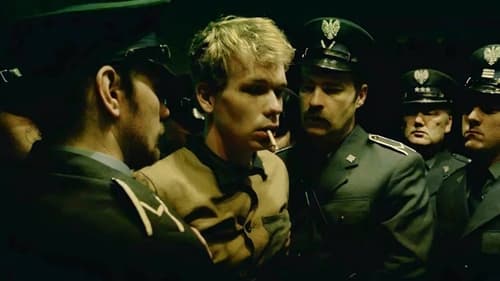
Writer
"No matarás": En una Varsovia gris, vacía, pobre y triste, Jacek, un joven sin perspectivas ni futuro, asesina brutalmente a un taxista. Quinto de los diez mediometrajes, cuyo nombre genérico es "decálogo", realizados para la televisión por el director Krzysztof Kieslowski y el guionista Krzysztof Piesiewicz. Cada uno de ellos se inspira en uno de los Diez Mandamientos. Este episodio es una versión de la película "No matarás", de 1988, realizada por el mismo equipo.
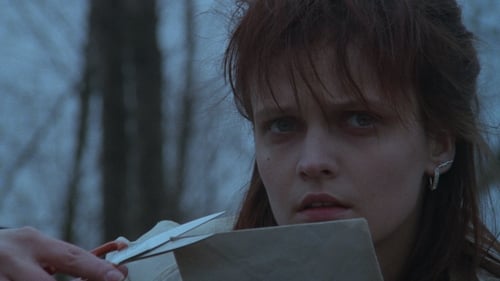
Writer
Desde que su madre murió, Anka ha vivido con su padre, y su relación ha sido siempre más amistosa que paterno-filial. Cuarto de los diez mediometrajes realizados para la televisión por el director Krzysztof Kieslowski y el guionista Krzysztof Piesiewicz, denominados genéricamente "Decálogo". Cada uno de ellos se inspira en uno de los Diez Mandamientos.
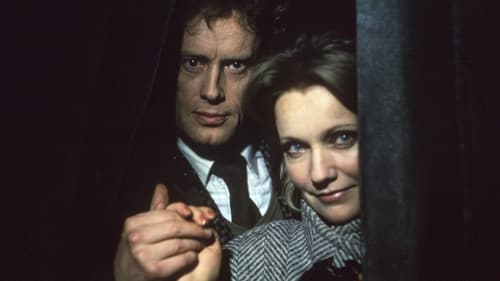
Writer
"Santificarás las fiestas": Una Nochebuena, Ewa, ex amante de Janusz, lo busca para pedirle que la ayude a encontrar a su marido que ha desaparecido. Janusz se inventa una excusa para su familia y la acompaña. Sólo, al final, descubre que Ewa le ha mentido porque, incapaz de soportar la soledad, necesitaba pasar la noche con alguien. Tercero de los diez mediometrajes que constituyen el "Decálogo" y que están inspirados en los Diez Mandamientos.
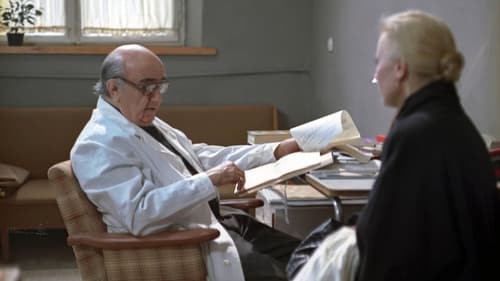
Writer
"No tomarás el nombre de Dios en vano": Dorota, una mujer embarazada, visita en el hospital a su esposo moribundo (Andrzej). Segundo de los diez mediometrajes realizados para la televisión por el director Krzysztof Kieslowski y el guionista Krzysztof Piesiewicz, denominados genéricamente "Decálogo". cada uno de ellos se inspira en uno de los Diez Mandamientos.
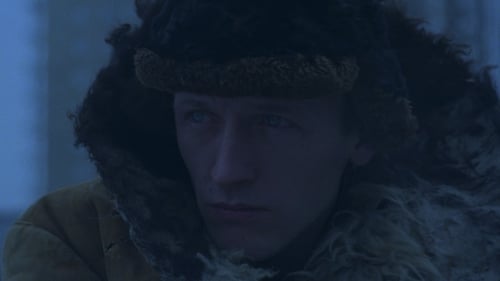
Writer
"Amarás a Dios sobre todas las cosas". Después de haberse separado de su mujer, un profesor universitario vive con su hijo Pavel al que procura transmitir su racionalidad y ateísmo. También le ha parecido conveniente enseñarle a usar el ordenador. Primero de los diez mediometrajes realizados por el director Krzysztof Kieslowski y el guionista Krzysztof Piesiewicz. Primera parte del "Decálogo", que se inspira en cada uno de los Diez Mandamientos.
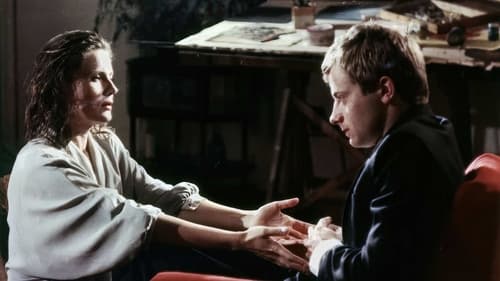
Writer
Tomek es un joven de 19 años obsesionado con Magda, una mujer treintañera a la que espía cada tarde con unos prismáticos. Ella vive su vida de manera muy liberal, sin prejuicios, invitando a su casa a innumerables hombres. Tomek, enamorado y celoso, decide trabajar como repartidor de leche para así poder estar más cerca de Magda y a su vez interrumpir sus citas amorosas. Un día Tomek decide explicar la verdad a Magda y declararle su amor, pero descubrirá que el amor no es un juego tan sencillo como él creia
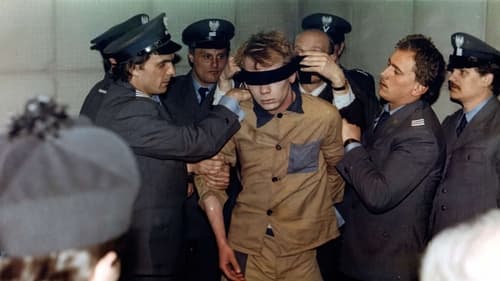
Author
Varsovia. Un taxista está lavando su coche. Jacek, un joven campesino de mirada turbia, vaga por la ciudad. Piotr, un estudiante de derecho, se prepara para hacer su último examen. Sus destinos se cruzan cuando Jacek coge un taxi para ir a los suburbios de la ciudad, donde asesina brutalmente al taxista golpeándolo con una piedra.
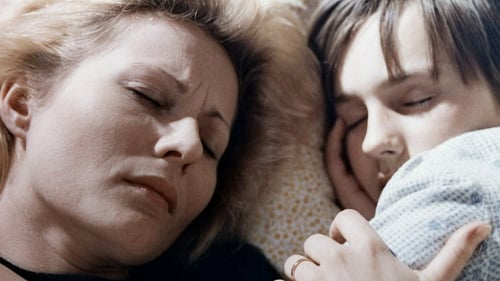
Author
Drama ambientado en Polonia en 1982, en plena Guerra Fría. El general Wojciech Jaruzelski, jefe supremo del partido comunista, gobierna el país bajo la ley marcial, ejerciendo una especial represión contra el ilegal sindicato obrero Solidaridad, creado en los astilleros de Gdansk.































